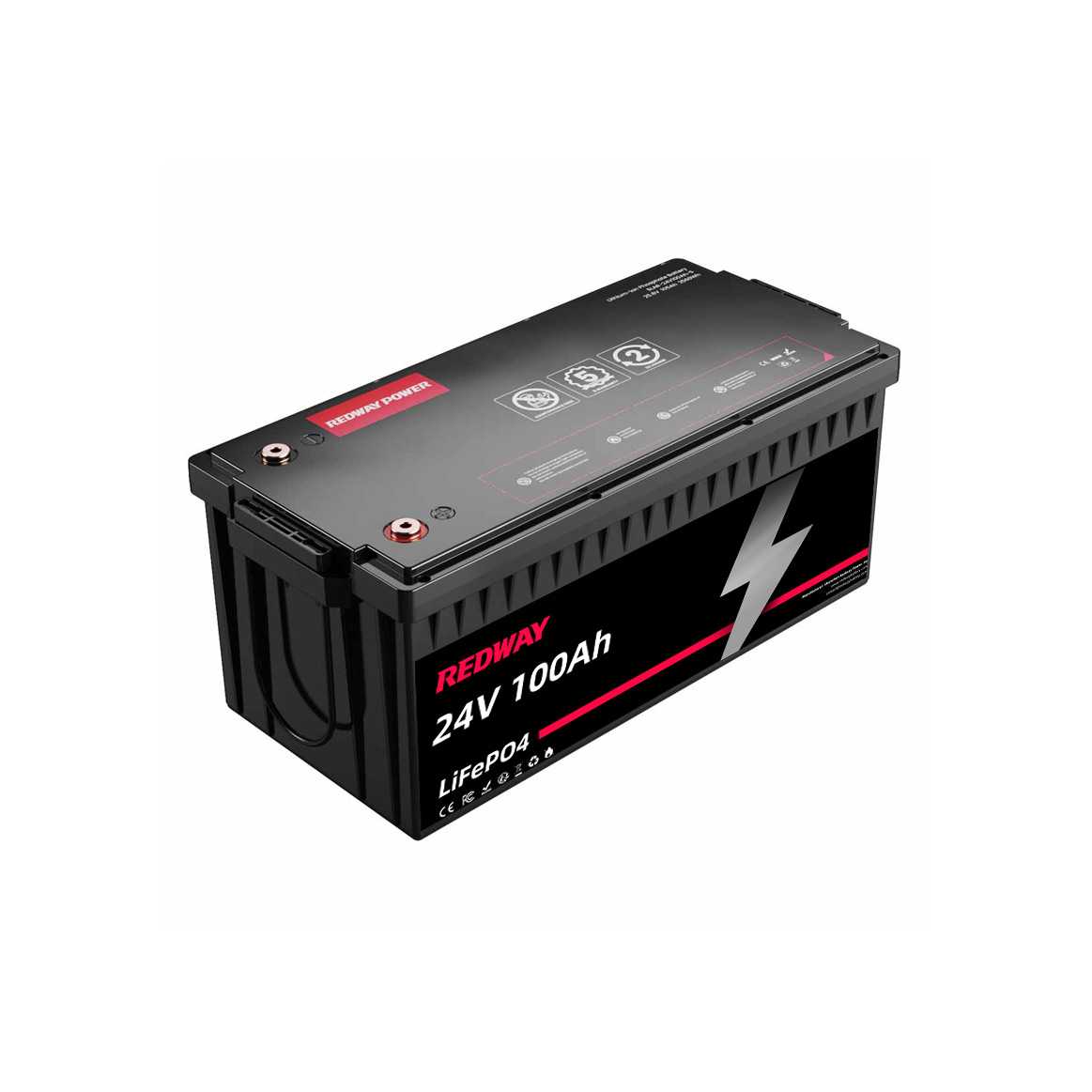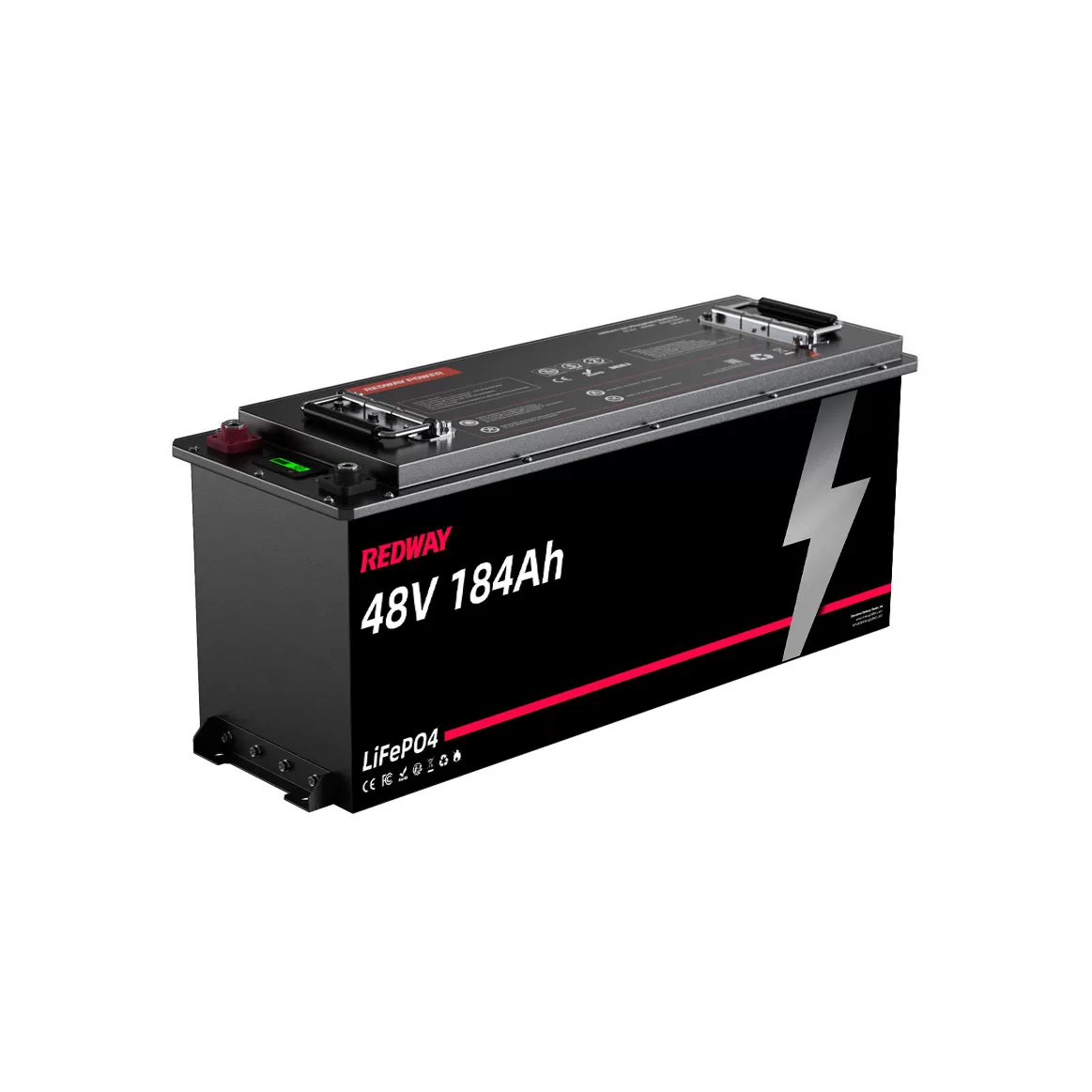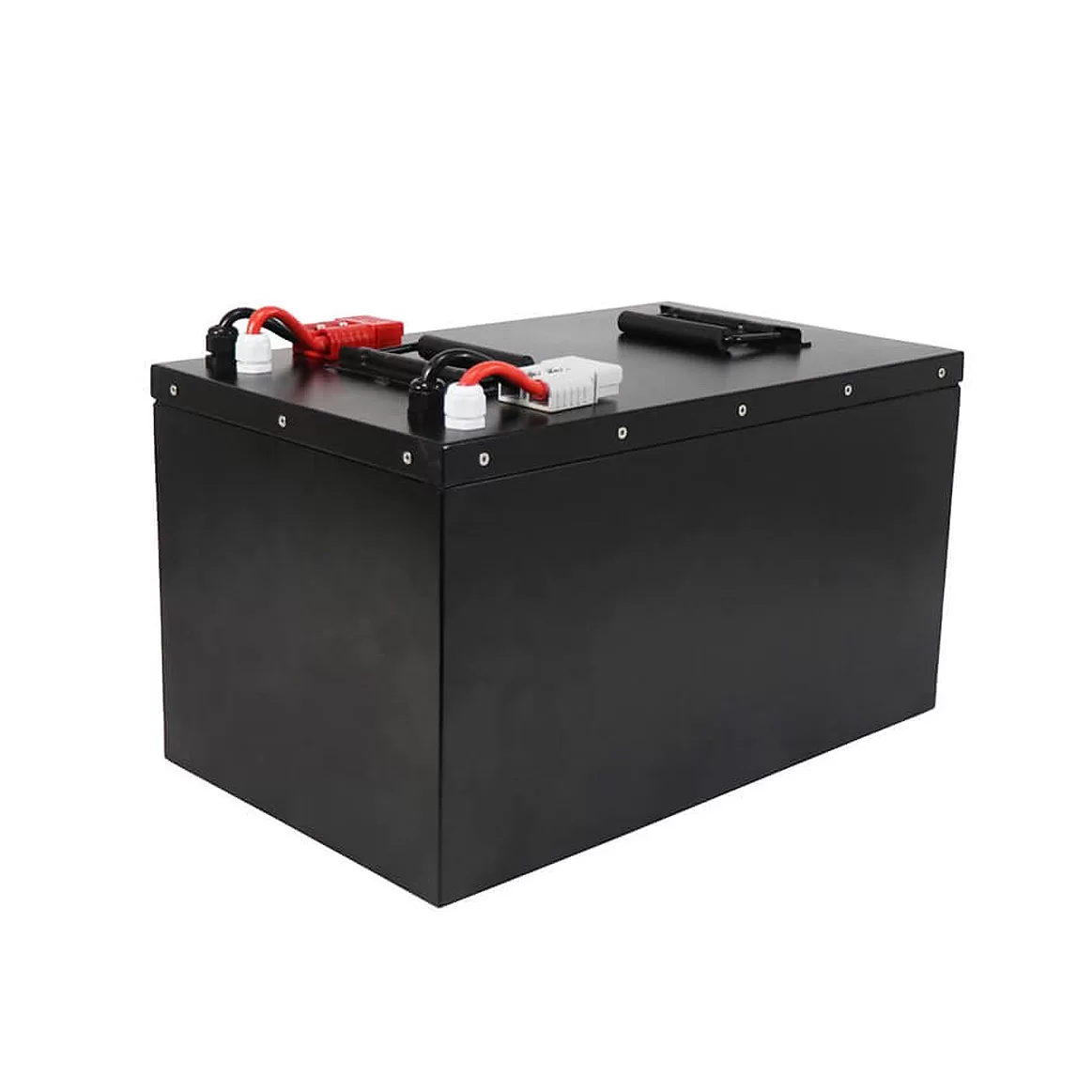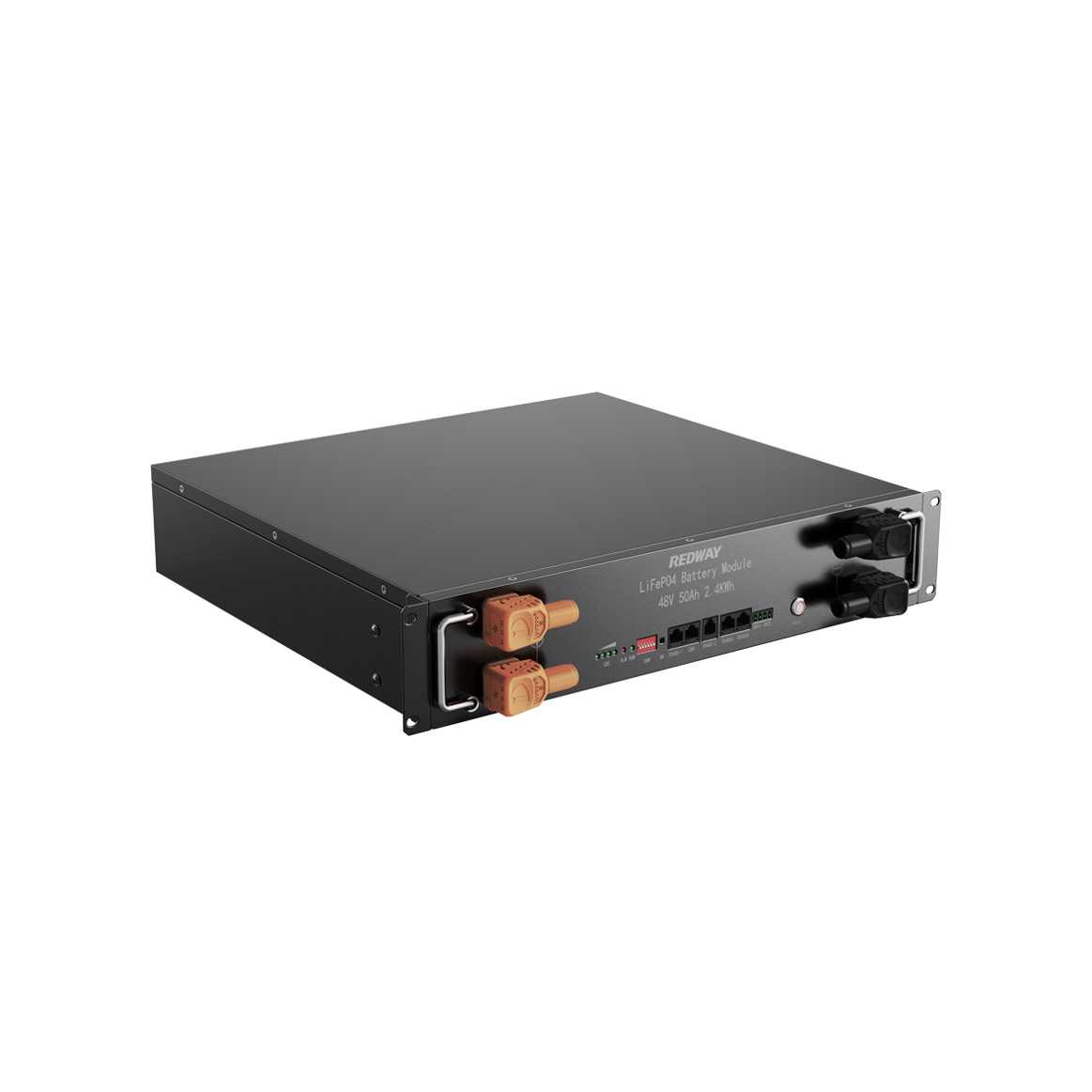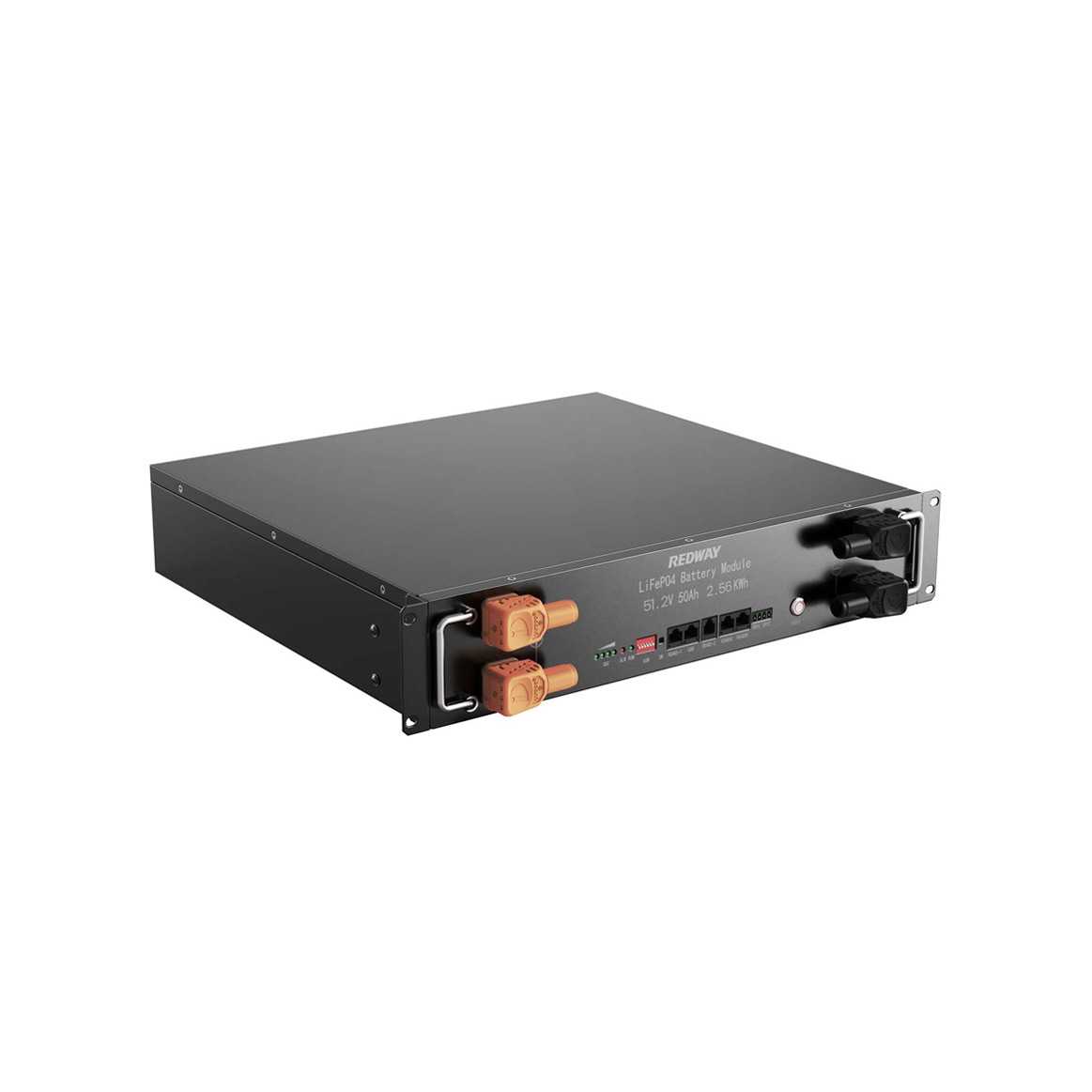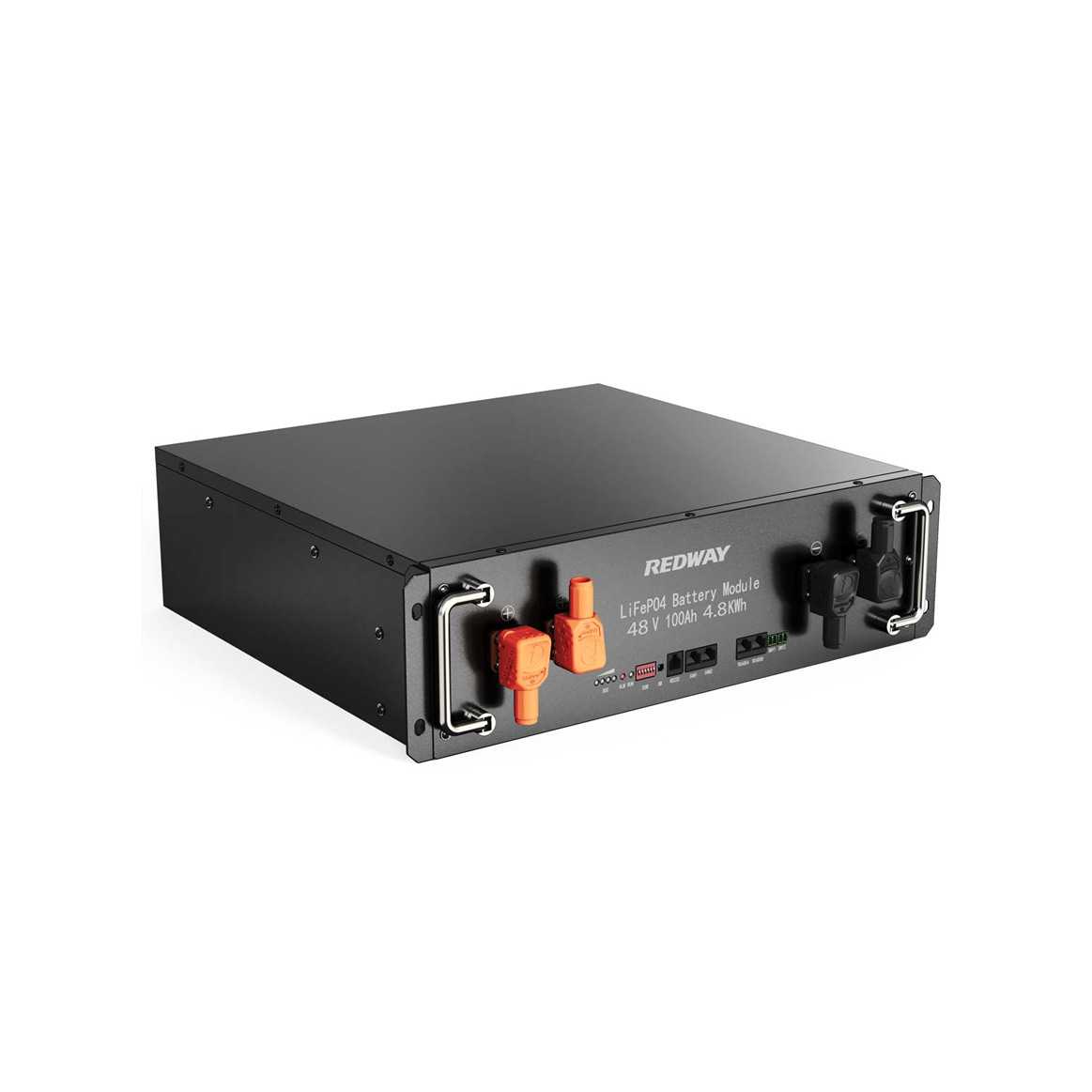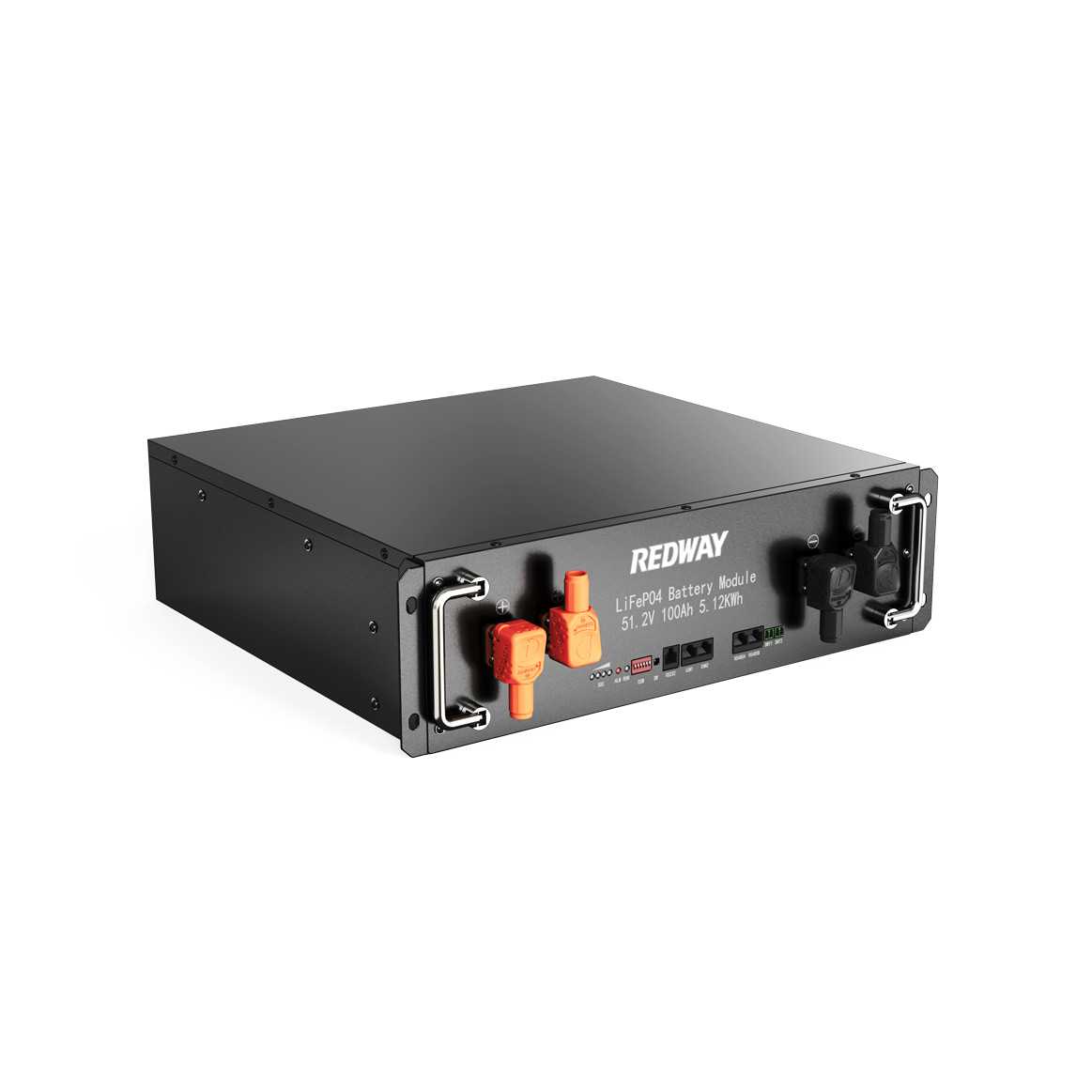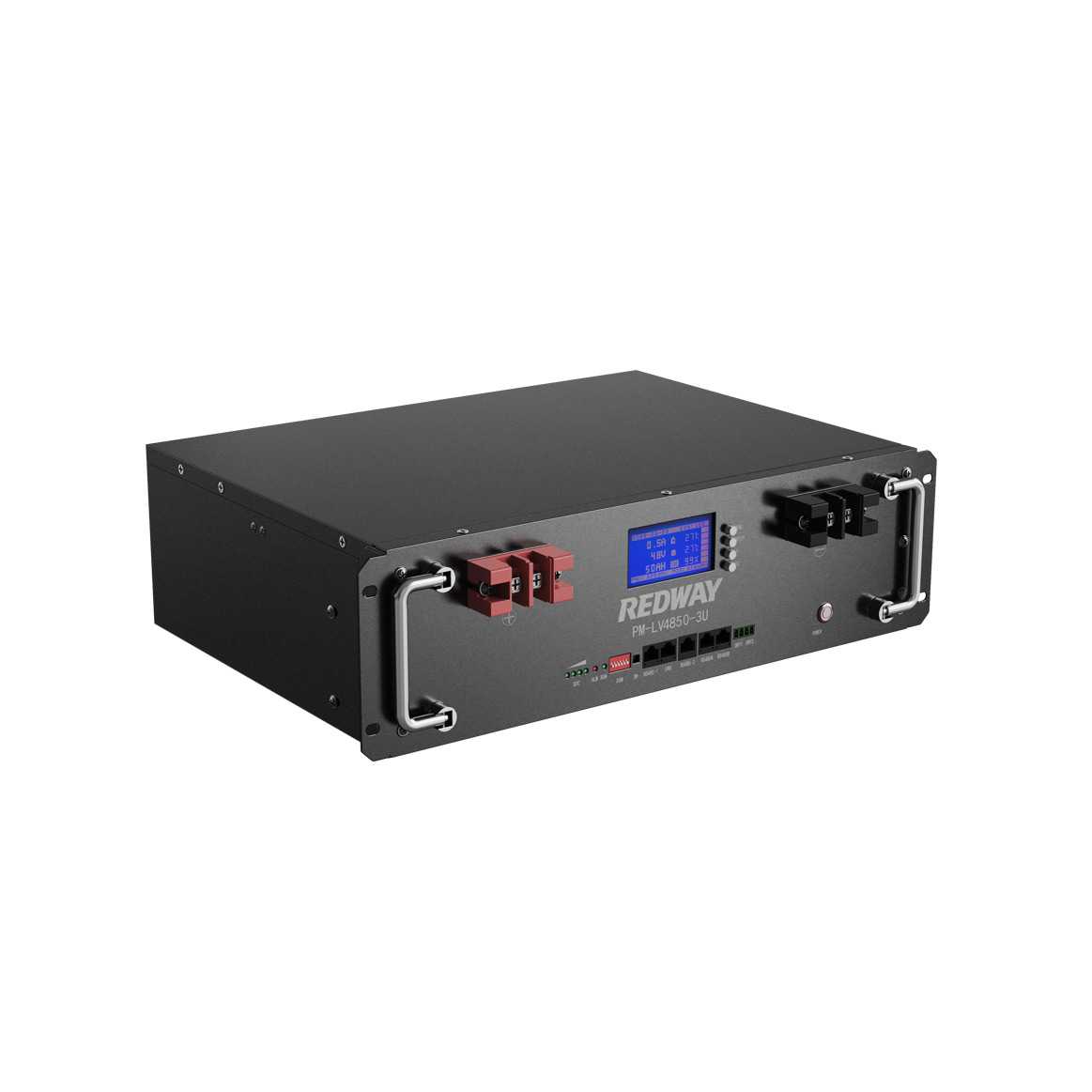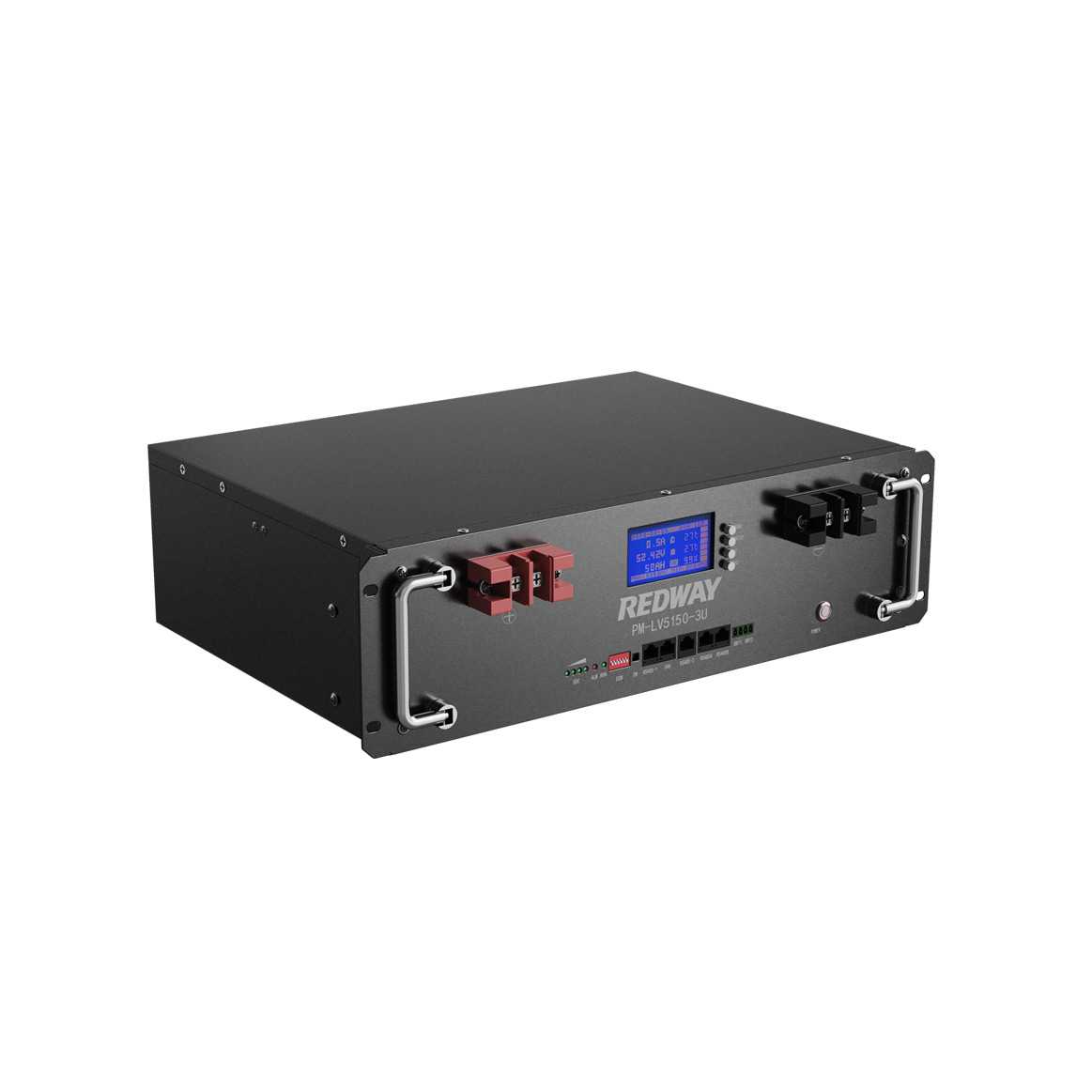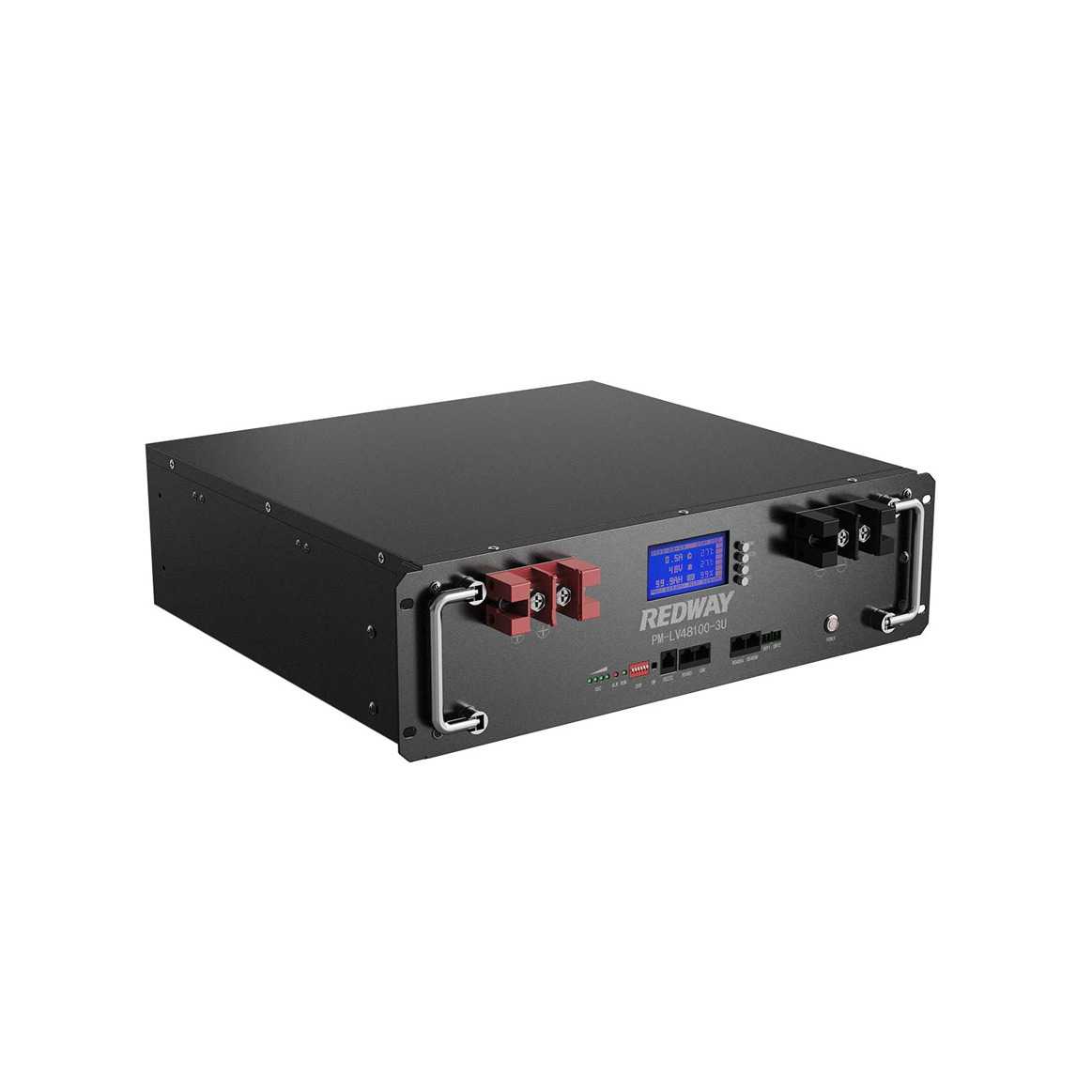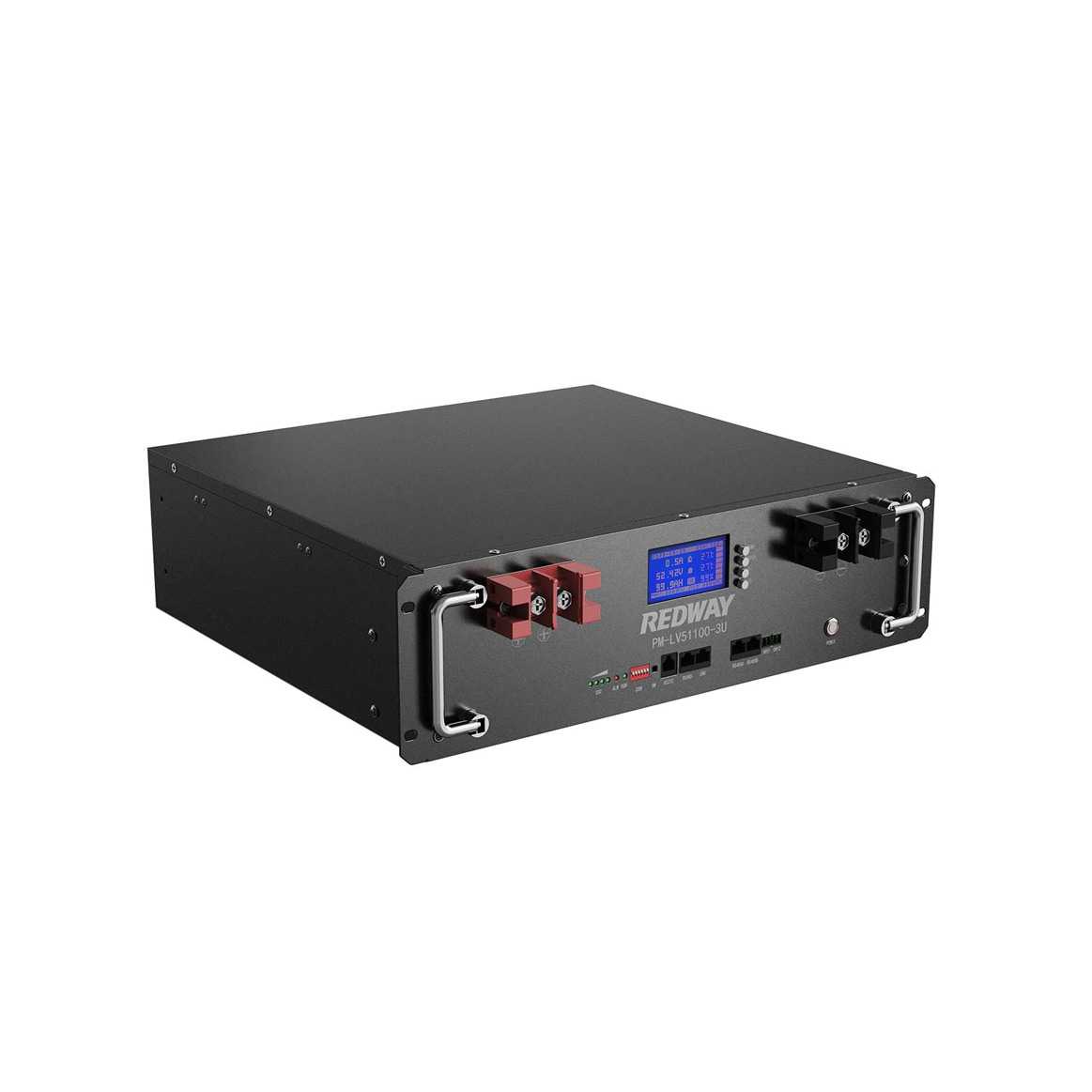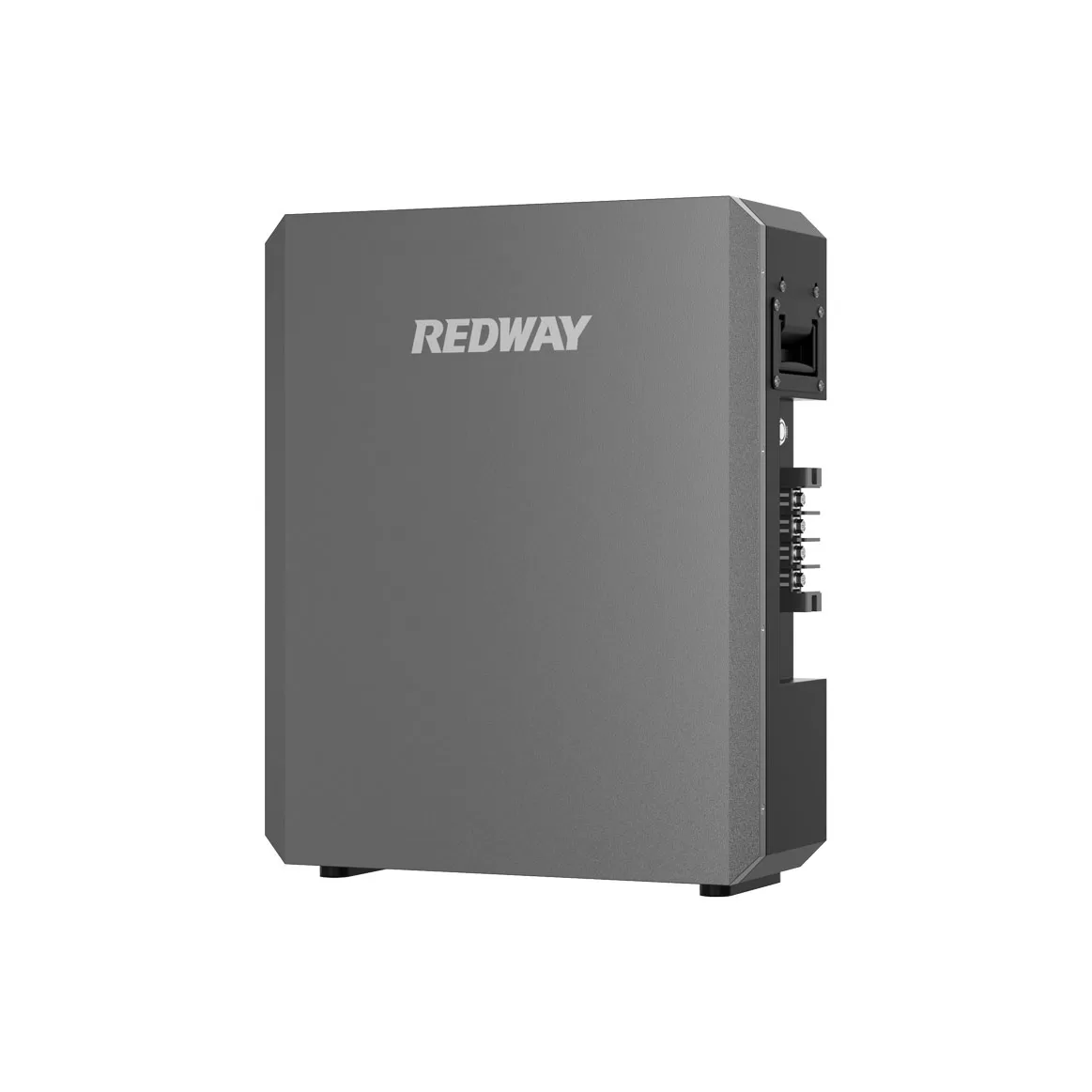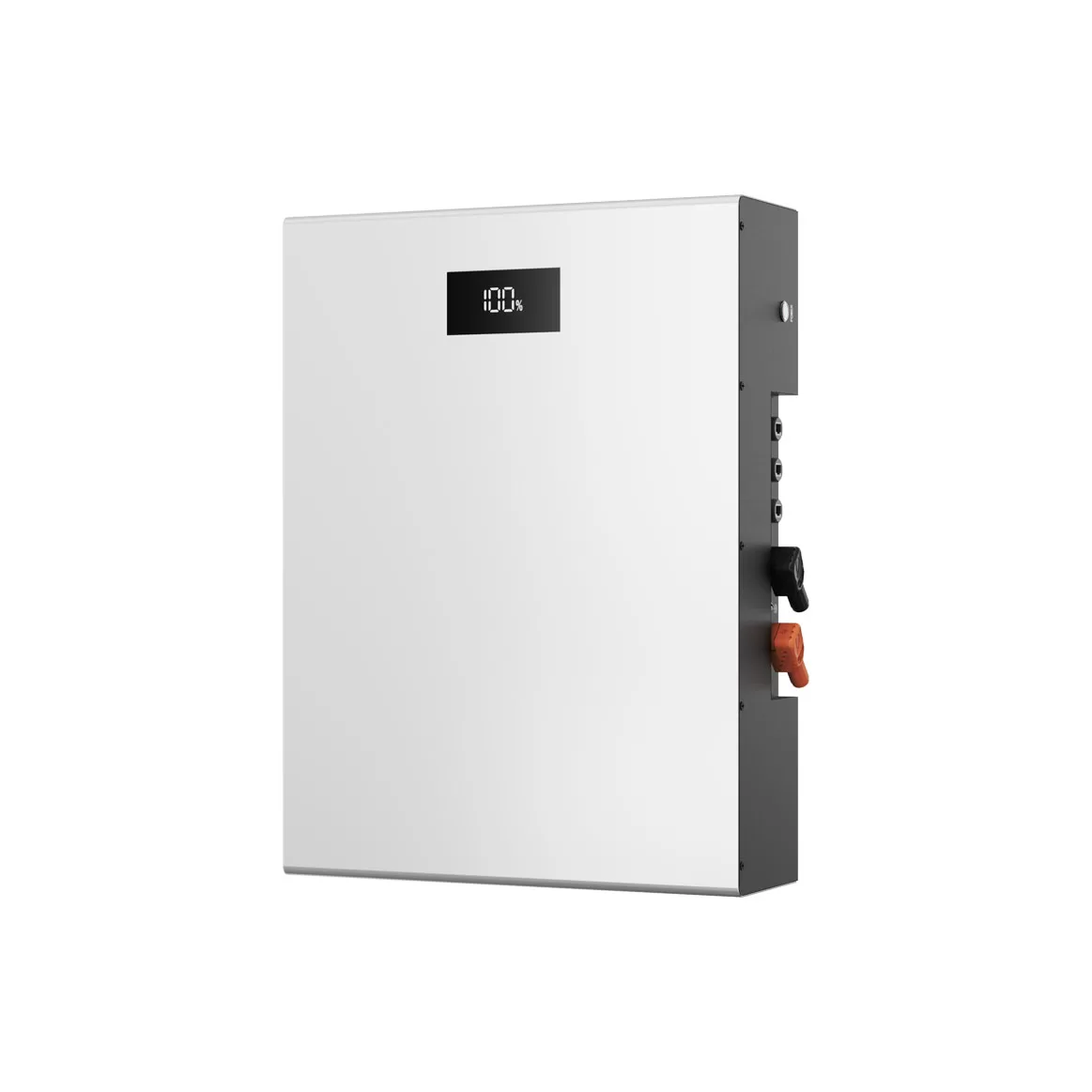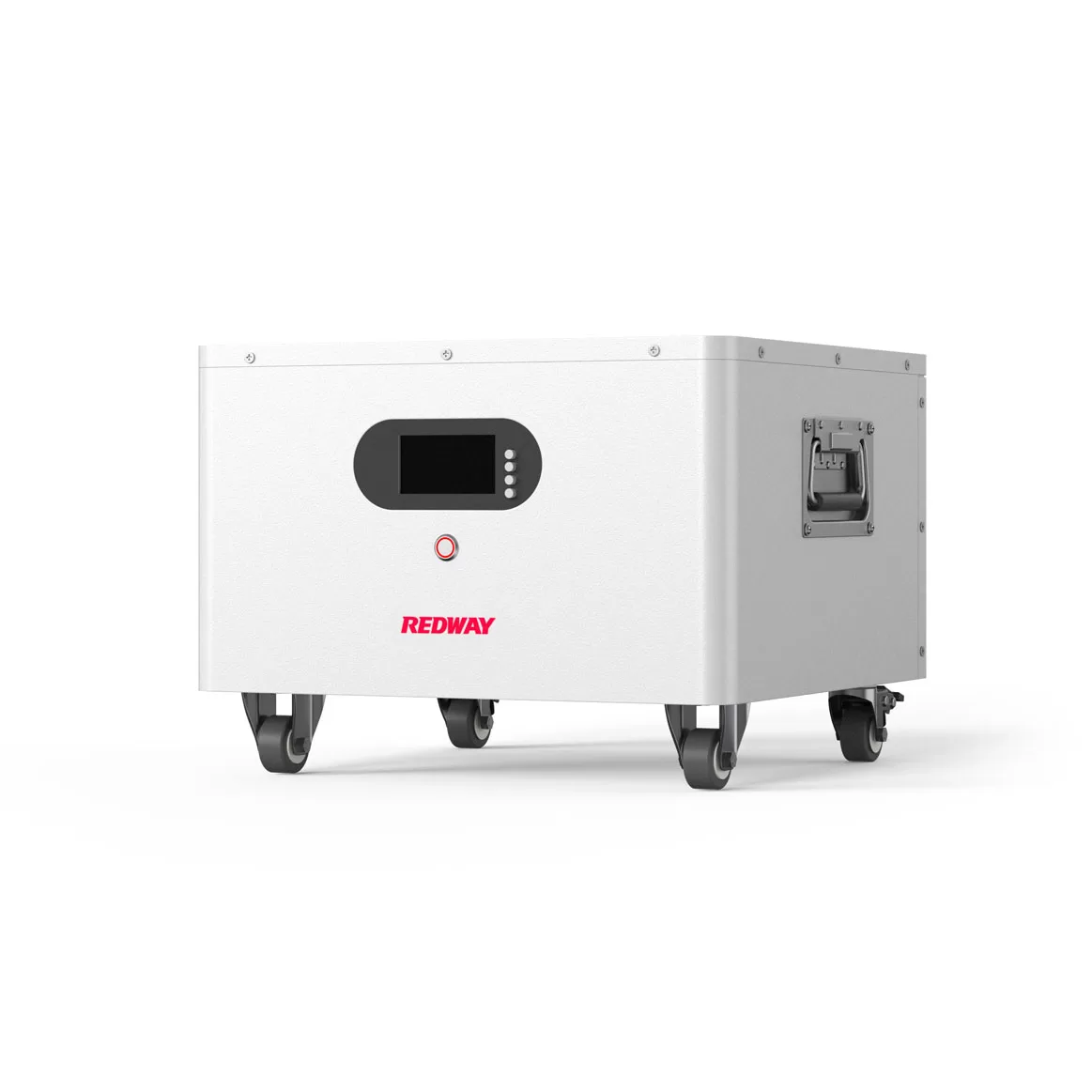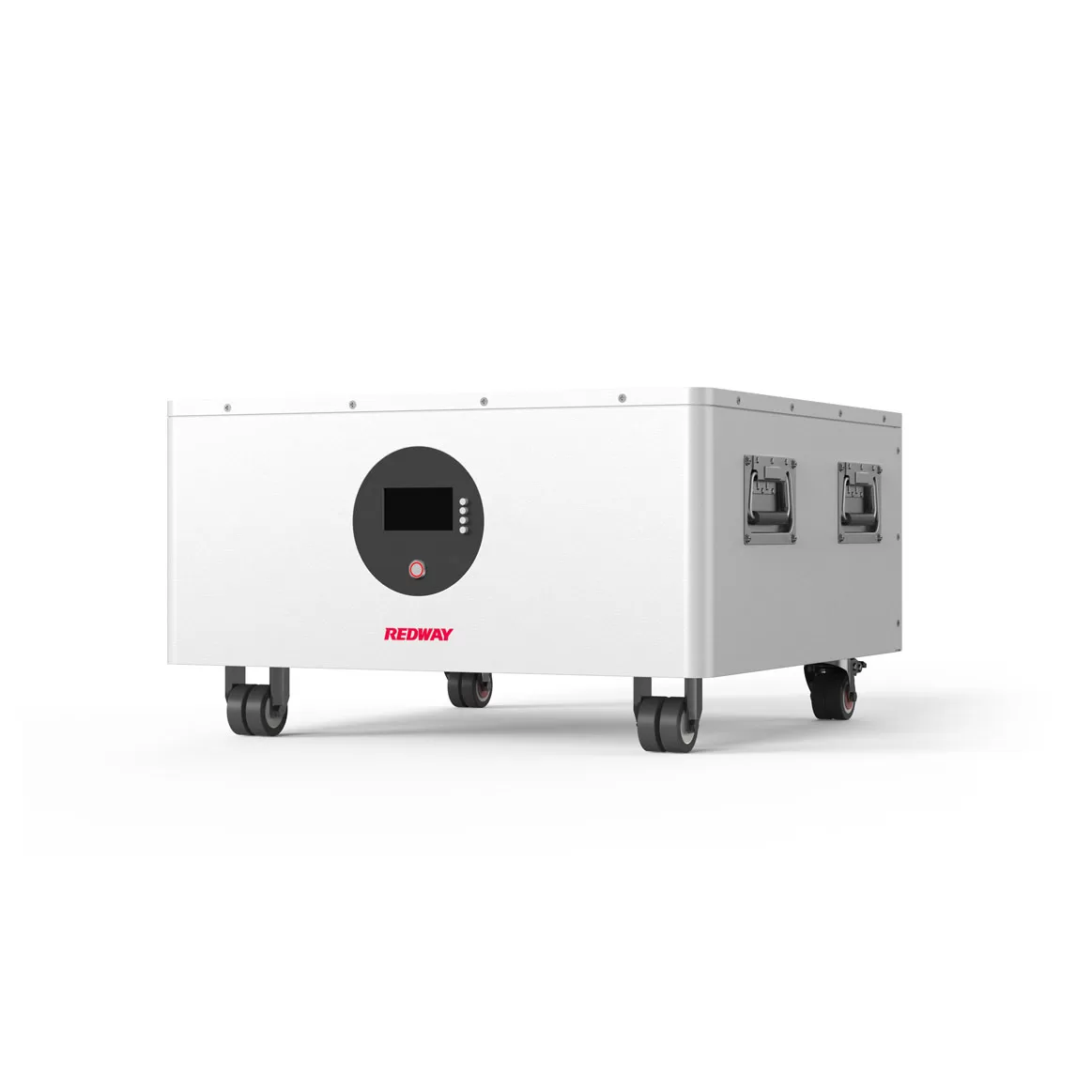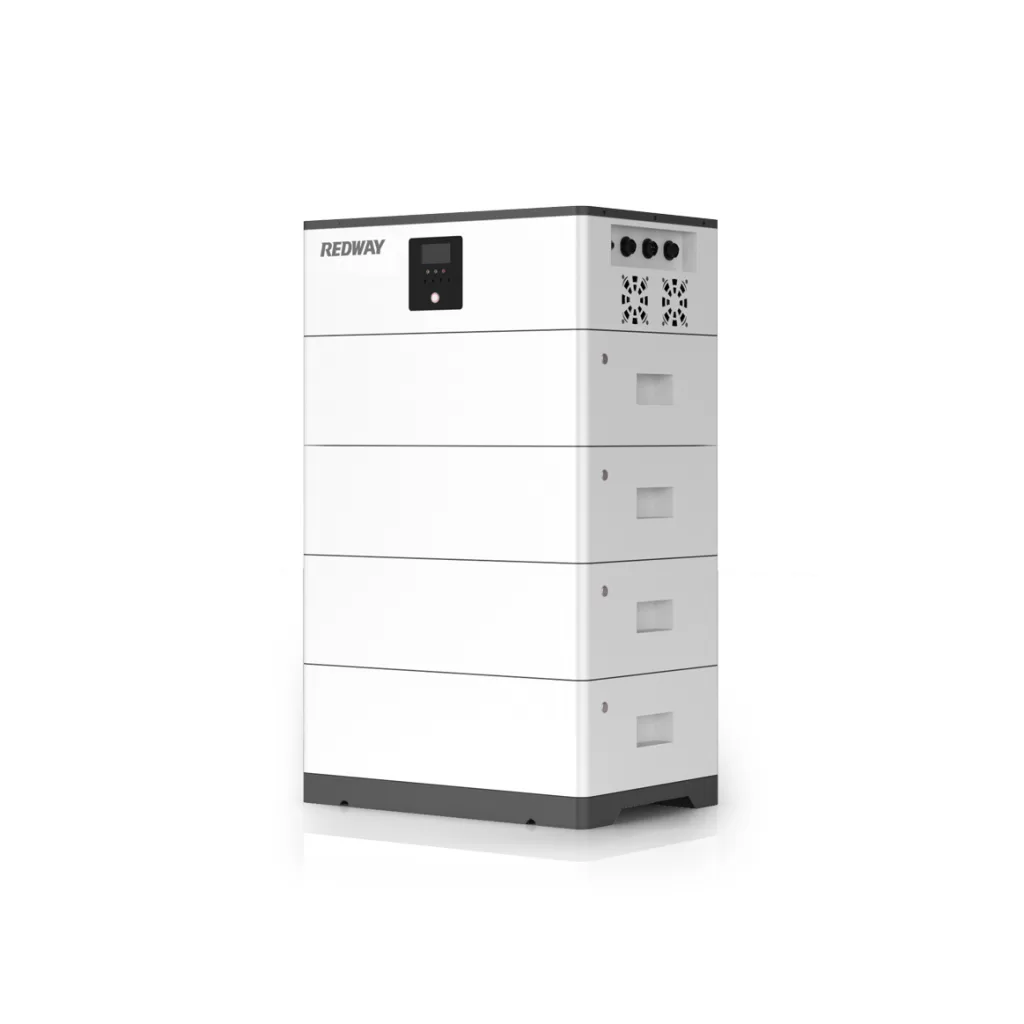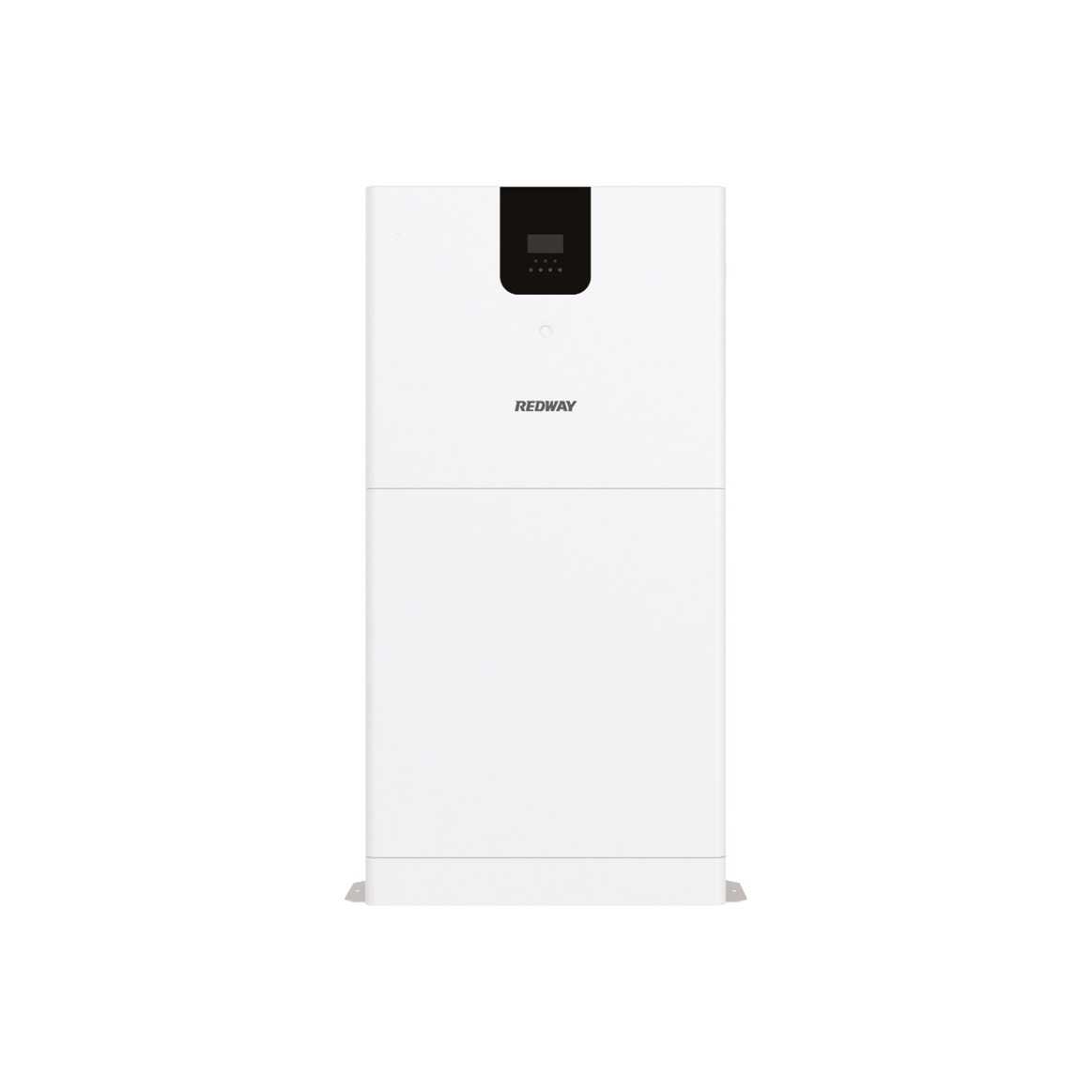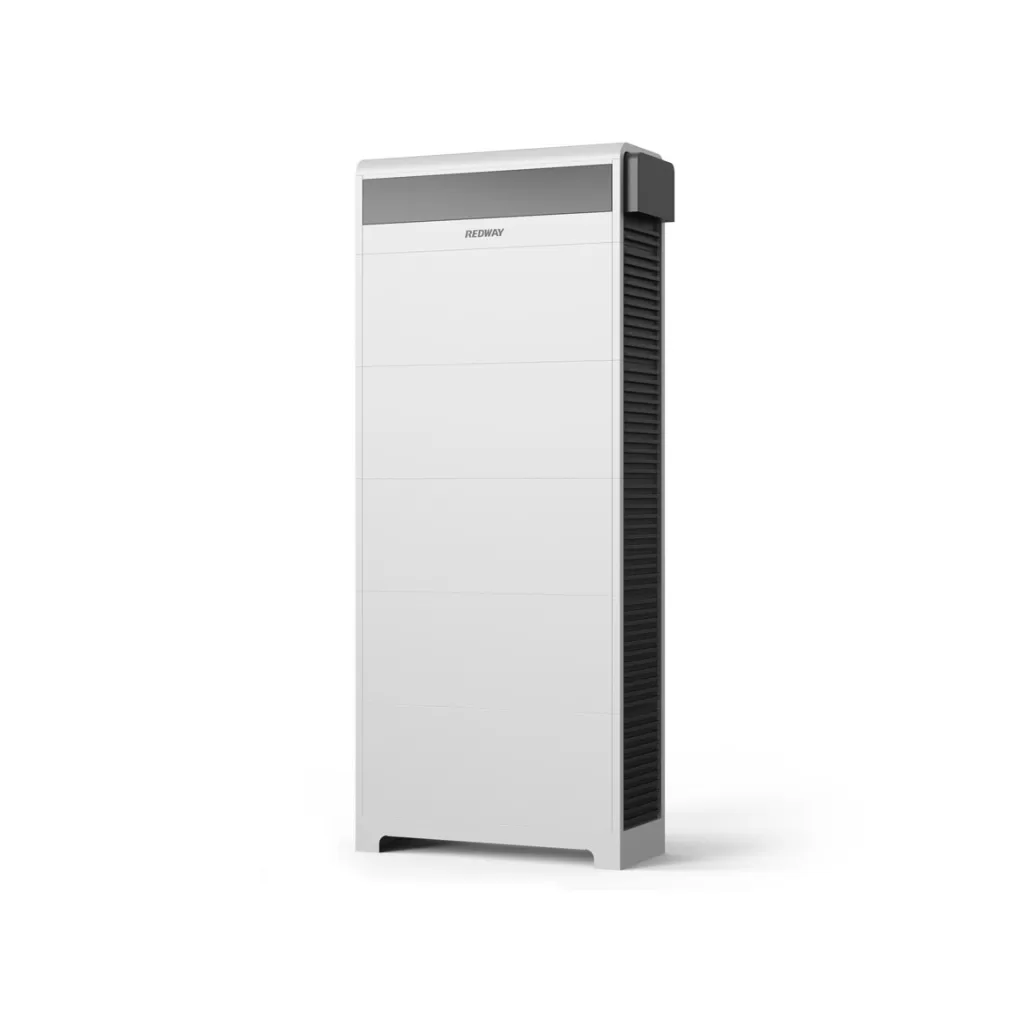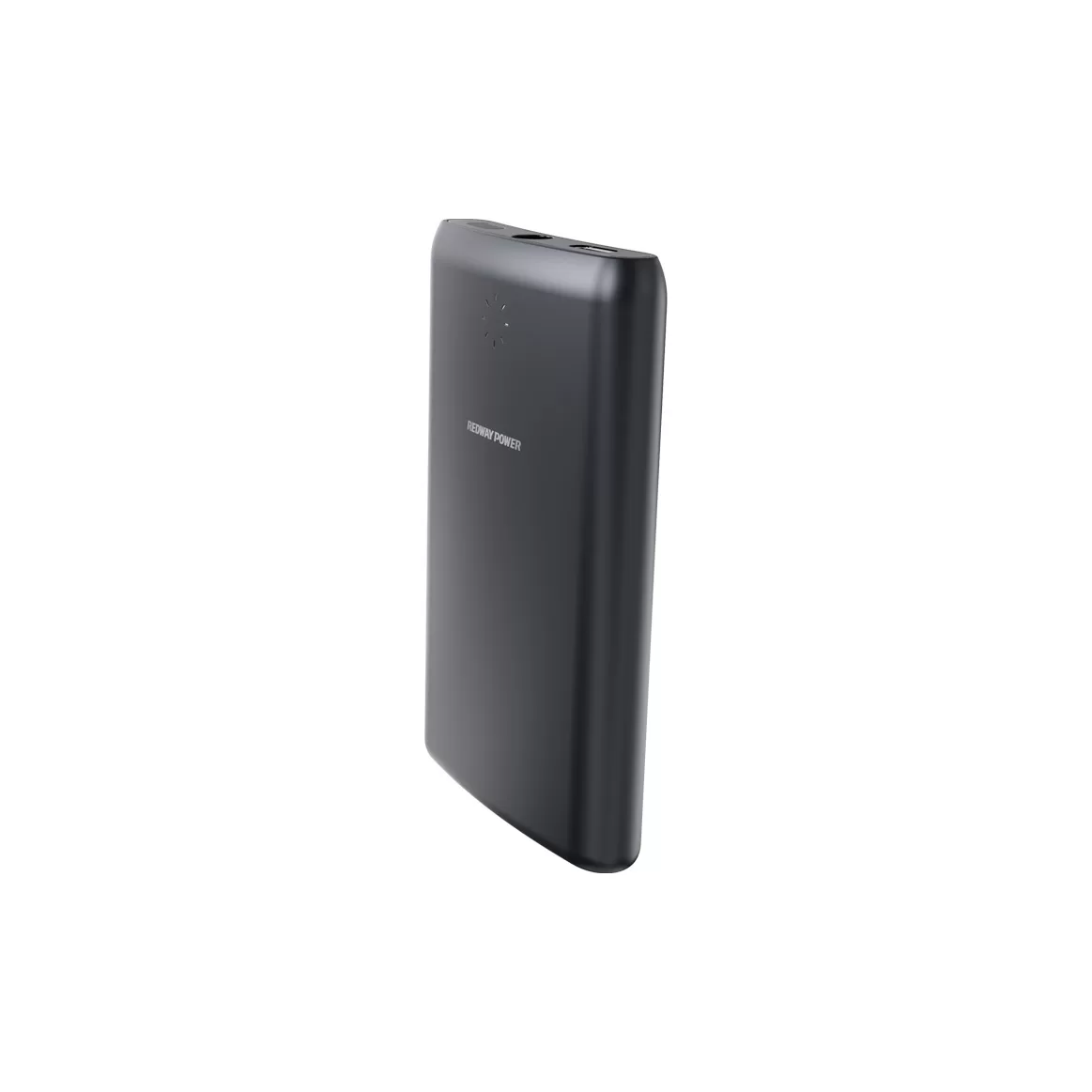Are you considering upgrading to LiFePO4 batteries for your energy needs? While these batteries have gained popularity for their numerous benefits, such as long lifespan and fast charging, they also have some disadvantages to consider. In this article, we’ll explore the pros and cons of LiFePO4 batteries, so you can make an informed decision before making the switch.
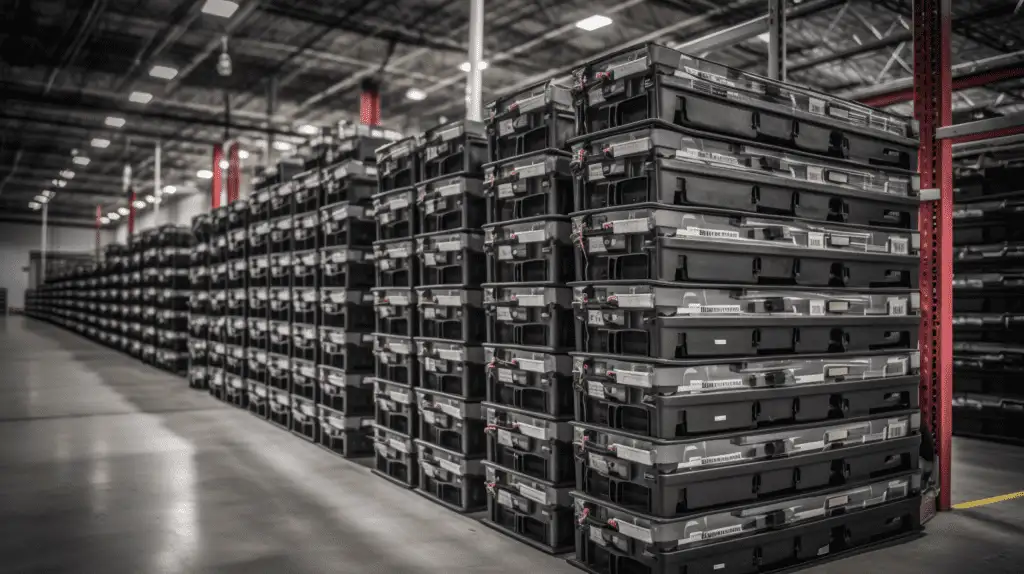
The Pros and Cons of LiFePO4 Batteries
Table of Contents
ToggleLiFePO4 batteries are a type of rechargeable battery that offer several benefits over traditional lead-acid batteries. They have a longer lifespan, can be charged quickly, and are more efficient. Additionally, LiFePO4 batteries are safer because they are less likely to overheat or explode.
Despite these advantages, there are some downsides to LiFePO4 batteries. For one, they are more expensive than other battery types. They are also sensitive to high temperatures and require special charging equipment. Lastly, LiFePO4 batteries have a lower energy density than other types of batteries, which means they may require more space to store the same amount of energy.
The Bright Side of LiFePO4: A Comprehensive Guide
While the downsides of LiFePO4 batteries may seem discouraging, it’s important to look at the big picture. LiFePO4 batteries have a longer lifespan than other batteries, which means you’ll save money in the long run by not having to replace them as often. They also have a lower environmental impact, as they don’t contain any toxic chemicals like lead or acid.
Additionally, LiFePO4 batteries can be charged quickly, which is particularly useful for those who rely on renewable energy sources like solar power. They are also more efficient, which means they can store more energy in a smaller space. This makes them ideal for use in electric vehicles or other applications where space is limited.
The Downside of LiFePO4: Don’t Get Left in the Dark
Despite their numerous benefits, there are some downsides to using LiFePO4 batteries. For one, they are more expensive than other battery types. They are also sensitive to high temperatures and require special charging equipment. Additionally, LiFePO4 batteries have a lower energy density than other types of batteries, which means they may require more space to store the same amount of energy.
Another disadvantage of LiFePO4 batteries is that they have a lower discharge rate than other types of batteries. This means they may not be suitable for applications that require a high discharge rate, such as power tools or electric vehicles.
Don’t Let These LiFePO4 Disadvantages Ruin Your Day
While LiFePO4 batteries have their downsides, it’s important to remember that they are still a great choice for many applications. If you can afford the higher cost and are willing to invest in the special charging equipment, LiFePO4 batteries can offer significant advantages over other battery types.
Ultimately, the decision to switch to LiFePO4 batteries will depend on your individual needs and budget. By weighing the pros and cons, you can make an informed decision and enjoy the benefits of this innovative battery technology.
Related Posts
- يمكن أن يؤدي تسرب البطاريات إلى مقدمة الحريق وأسبابه
- يشعر السكان بالارتياح بعد إزالة بطاريات الليثيوم أيون المنبعثة من الأبخرة من وارويك
- يستفيد نظام بطارية الرف من أنظمة تخزين الطاقة التقليدية
- يحتفل مهرجان Hola México السينمائي بالذكرى الخامسة عشرة لتأسيسه بتشكيلة ممتازة
- يجب معرفة المزيد حول بطارية LiFePO4 – المقدمة والمعنى
- وحدة بطارية الليثيوم LV5150-3U لبطارية الرف من بطارية Redway

